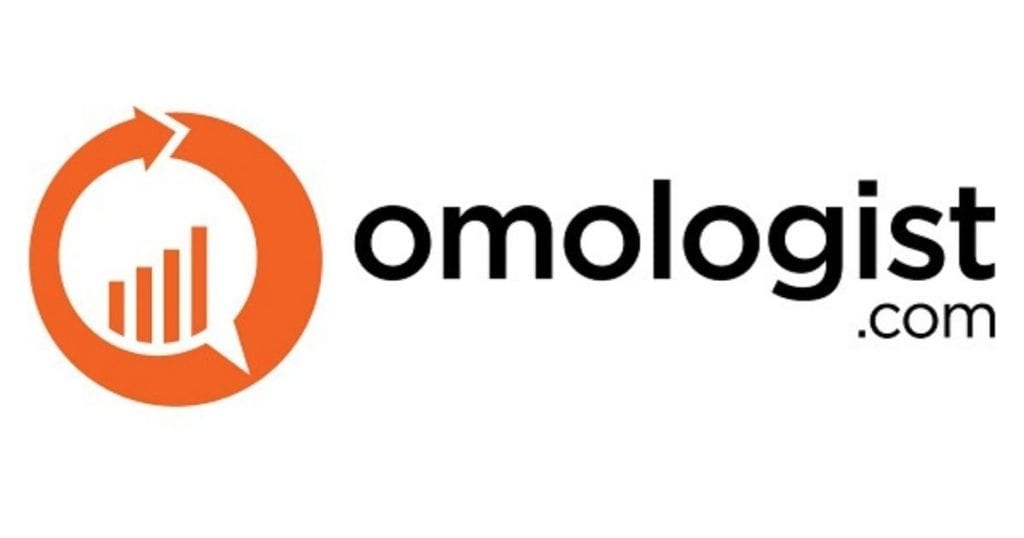Improving your landing page for organic listings.
Optimising a landing page for a keyword does not need to be complicated, yet a large number of websites we see fail to do these basics.
Numerous times we find these simple basics are missing. So here are ten things you can check /do to optimise the landing page for a keyword(s).
In some cases doing the basics well can improve your organic ranking for a landing page.
- Keyword – once you decide on a keyword or phrase to target for a page, always ensure you never duplicate use of this keyword and target the same keyword or phrase on another page.
Only ever have one landing page dedicated/targeting a keyword or phrase. - URL – use the keyword/phrase in your URL.
- Title – Every page should have a <title> which explains to search engines what the key intent of the page is.
Think of it like the title of a book.
It should be short, about 70 characters or less.
Good practice would be to include the keyword you’re targeting in the page title.
The page title should always be unique. - Meta Description – Provides the opportunity to build on your title and add a deeper description of the page (not the website).
The description should summarise in about 160 characters or less what the content on the page is about.
In terms of your keyword, you could use the keyword in your meta description, however, if you do, its use should be natural and make sense to a reader.
Alternatively, it will sometimes be best to use alternate keywords and phrases to help search engines better understand the content of the keyword you’re targeting.
Search engines use Latent semantic indexing to better understand the context. Always ensure your meta description is unique. - H1 Tags – provide a second opportunity to demonstrate the relevancy of the keyword you’re targeting.
A customer will not necessarily see your title and keyword so the H1 tag becomes your title for the page that customers will read. - Content – The content is crucial to targeting your keyword.
The content on the page should support your title, meta description and H1 tags, and more importantly should be unique, relevant, readable and interesting and insightful to readers.
Never spam the keyword. - Content length – the length of the piece of content should make sense.
For example, if your article is a blog discussion on a subject then it should be significantly longer than the description of a product such as a laptop.
Also for a product, the specifications and customer feedback may be more valuable rather than a long-winded product description.
While product descriptions can usually be sought from a manufacturer, it may be best to rewrite these descriptions so that your description is unique and not the same as 30,000 other websites. - Links – these are votes for your content and page.
The more high-quality links you have to your landing page the more quality votes and better chance you will rank higher for the keyword or phrase in a search engine.
Never create false or generate links using black hat techniques.
Better for your links to be generated organically by others who find your content insightful and valuable. - Freshness – keep your content up to date and fresh.
If something changes its best to update your content. - ALT tags – alt tags assist search engines in understanding what an image is on your website.
Most likely you’re using an image to enhance the content on the page, so it is important to use these alt tags to explain what the image is about and if the image warrants it, use the keyword in your alt tag. - Sitemaps – help search engines find your content and landing pages. Create a sitemap to enable search engines to find your page and then crawl to index the page.
- Robots.txt – don’t block search engines from finding your landing pages.
- Page Speed – Ensure your pages load fast for readers so they can start viewing and reading your landing page ASAP.
Everyone hates waiting for a page to load. - Any device – these days a lot of pages are viewed on mobiles, tablets and other devices as well as desktops.
Ensure your landing page works on all types of devices. - Grammar and Spelling – when you finish writing your content, ensure that all your spelling is correct and that you have used the correct grammar.
- Structured Data – This is a new area and for certain types of content can enhance and make your landing page more valuable to search engines as they don’t need to go looking for specific pieces of content.
Google provides details on this.



